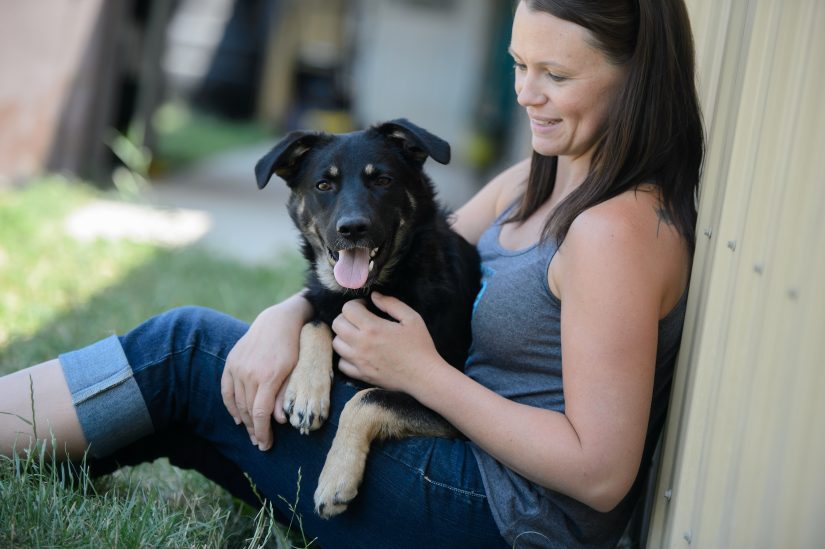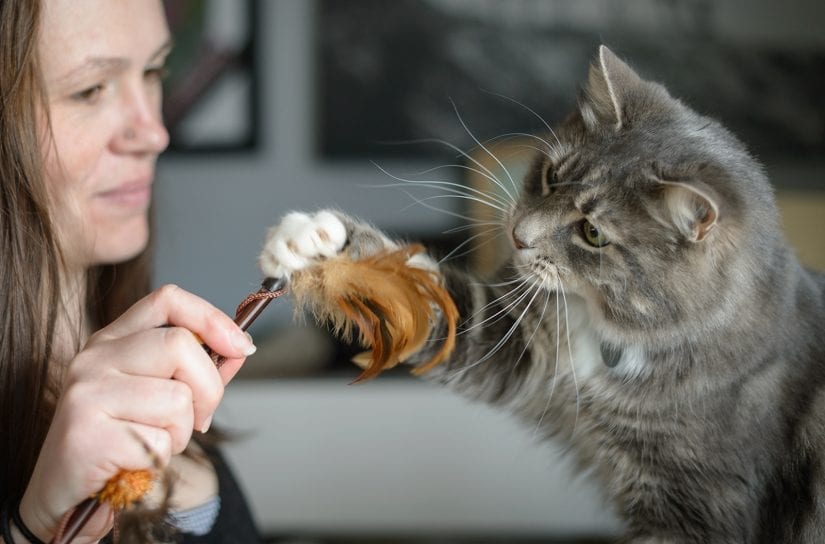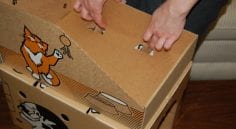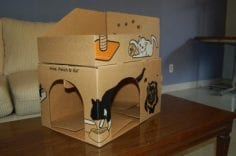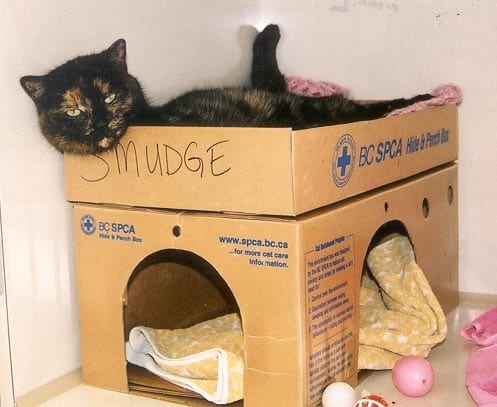Pet care & behaviour
We have that covered
Don’t worry about bringing a carrier or something to take your cat home in. We provide what is called a Hide, Perch & Go™ box for you to take your kitty home in.

What is a Hide, Perch & Go™ box?
To help cats cope with the stress of being in an animal care centre, the BC SPCA developed the Hide, Perch & Go™ box. The box provides cats with more control over their limited environment. The box allows them to express behaviours such as hiding, perching and face rubbing (scent marking). All the natural cat behaviours that help reduce stress.
Hide, Perch & Go™ box helps lower a cat’s stress
As the box gets saturated with their own scent, cats feel safer and more at home. Taking their box home with them will help lower the stress from moving into a new home. New smells, people and furniture can make a cat anxious, stressed or scared. Something that has their scent and they’re familiar with will them adjust to their new home.
How does it work?
The box is designed so a cat can hide inside, perch on top and scratch or rub the sides of the box if they want. When you need to take your cat home from the animal centre, the box converts into a carrier. Once home you reassemble the box into a place where your new kitty can hide, perch, rub or scratch. And it isn’t something new, it’s something with their own scent on.
Putting Hide, Perch & Go™ box together
1. Take cat home
2. Open box and let cat out
3. Remove inside piece of box
4. Fold top flaps of box over
5. Attach inside piece on to top box
6. Place box near wall
7. Place bedding from animal centre in the box
Follow the same steps in reverse to turn your Hide, Perch and Go™ box back into a pet carrier.
Looking for a new cat? Visit the BC SPCA adoptable animals.
Work with animals and want to purchase Hide, Perch & Go™ boxes?
Find out how to order Hide, Perch & Go™ Boxes for your veterinary clinic, hospital or BC SPCA animal centre today!
Spaying or neutering your dog, cat or rabbit doesn’t just help prevent accidental litters. It also has health and behavioural benefits for your pet.
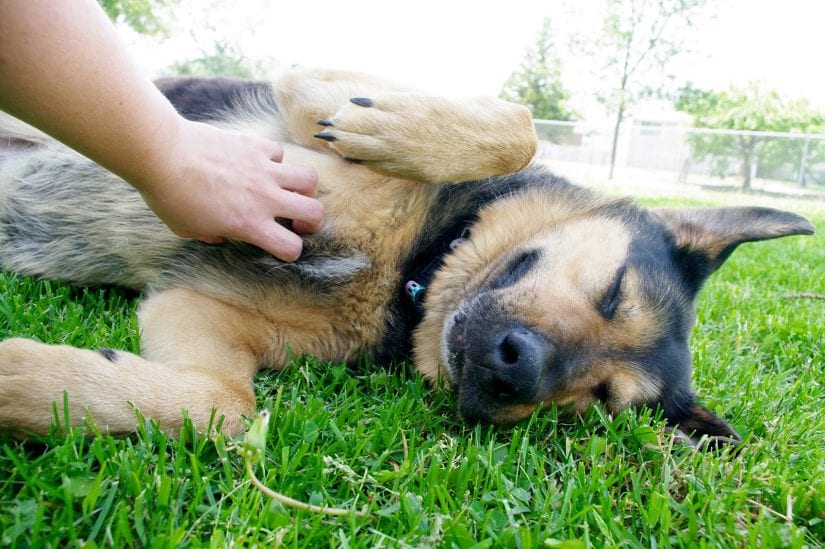
Benefits of spaying and neutering your pet
Generally, neutering decreases aggressive behaviours in pets
- Neutered dogs are calmer and less likely to bite, attack or get into dog fights.
- Neutered cats and rabbits don’t have the drive to mark and protect their territories and are less likely to spray or get into fights, resulting in fewer injuries.
Spaying ends the heat cycle in females
- Heat cycles are usually twice a year for dogs, and result in many unwanted behavioural changes including possible aggression.
- Cats generally go in and out of heat every three weeks between January and November.
- Female cats in heat can howl relentlessly, may try to escape to mate, spray or urinate inappropriately and attract unwanted male cats.
Spaying and neutering lowers the chance of reproductive health problems
- Studies show that spayed/neutered pets, on average, live longer.
- Spaying eliminates the risk of ovarian and uterine cancer and pyometra (life-threatening infection of the uterus) in dogs, cats, and rabbits. Up to 80% of unspayed rabbits will develop uterine cancer.
- Spaying reduces the risk of mammary cancer in cats, dogs, and rabbits.
- Neutering eliminates the risk of testicular cancer in all species and lowers the risk of prostate problems in male dogs.
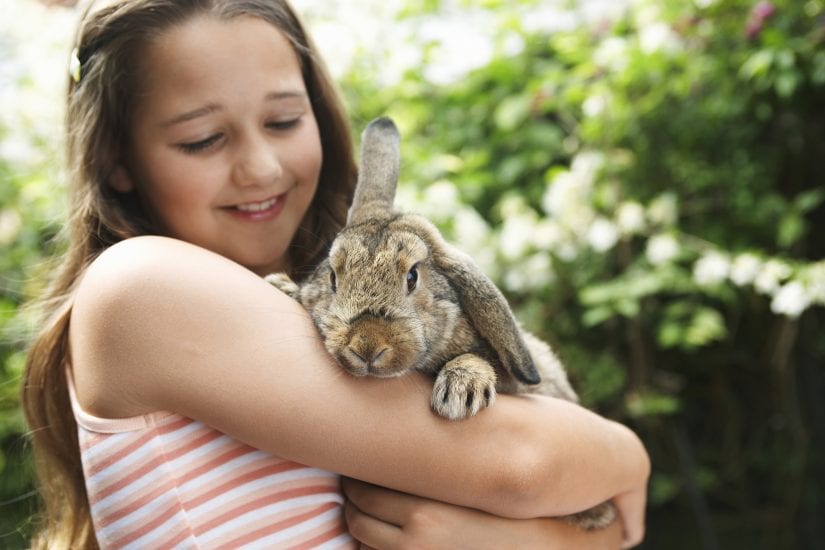
Spaying and neutering eliminates the drive to reproduce
- The likelihood of your male pet wandering away or escaping will be decreased.
- Male dogs can smell a female in heat up to a kilometre away.
- Once neutered, your pet will be less frustrated and may become a calmer companion.
Spaying and neutering provides an opportunity to have other important procedures performed
- Other procedures, as necessary, can also be done at the time of the operation.
- This includes procedures such as an identification tattoo or microchip, teeth cleaning, hernia repair and baby teeth removal.
Spaying and neutering prevents accidental pregnancies
- Research shows that the majority of cat pregnancies are unintended.
- Pregnancy is hard on the mom physically. Prenatal care, birth complications, and puppy/kitten care can be costly.
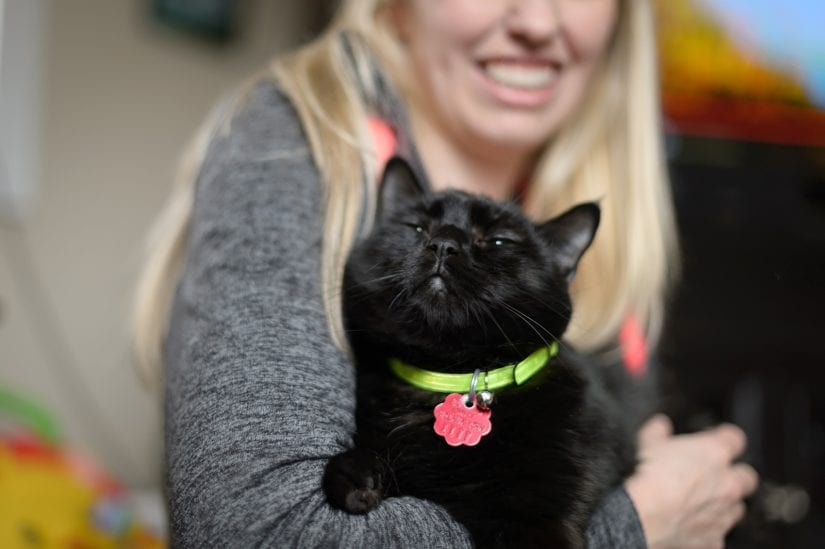
Spaying and neutering helps your community
- Research shows that, as an individual, you help reduce overpopulation issues in your community when you spay or neuter your pet.
- Spaying and neutering your pet helps reduce the number of stray or unwanted animals in your community.
- Reducing the amount of stray animals helps prevent other pets and wildlife from being injured or killed in fights.
- Fixing your pet helps lessen the amount of stray animals getting into or causing car accidents, getting into garbage cans and damaging property.
Learn how fixing your cat helps combat the cat overpopulation problem and how you can take action in your community.
But aren’t there also some risks to spaying and neutering?
Yes, any surgical procedure carries some risks. However, the overall benefit outweighs the risk for most animals. Talk to your veterinarian about the best choice for your pet.
- Risks of surgery and anesthesia include pain, bleeding, infection, the incision opening up, or a bad reaction to the drugs used.
- Spaying and neutering removes reproductive hormones from your pet’s body. This has many benefits but also has minor effects on bone development and other body systems.
- Several recent studies show higher rates of some bone and joint problems and cancers in purebred dogs spayed and neutered as puppies. These studies have attracted a lot of attention.
- The studies involved small numbers of dogs who were already predisposed to the problems being studied because of their breeds. More research is needed to understand these risks.
- If you are concerned about risks of spaying and neutering, don’t just consult the internet. Talk to your veterinarian about what is best for your pet.
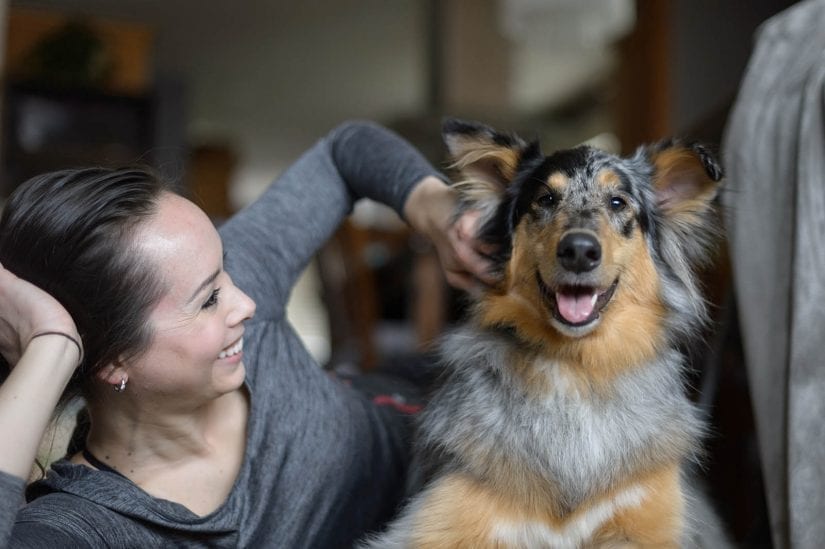
I still have questions about spaying and neutering
Shouldn’t a female cat/dog have a litter before being spayed?
Will spaying/neutering change my pets personality?
Will my pet become fat/lazy once it is fixed?
What does spay or neuter mean?
When should my cat/dog/animal be fixed?
What does it cost to spay/neuter my cat/dog/animal?
Find out more about the benefits of sterilizing your pet and how February is spay/neuter awareness month.
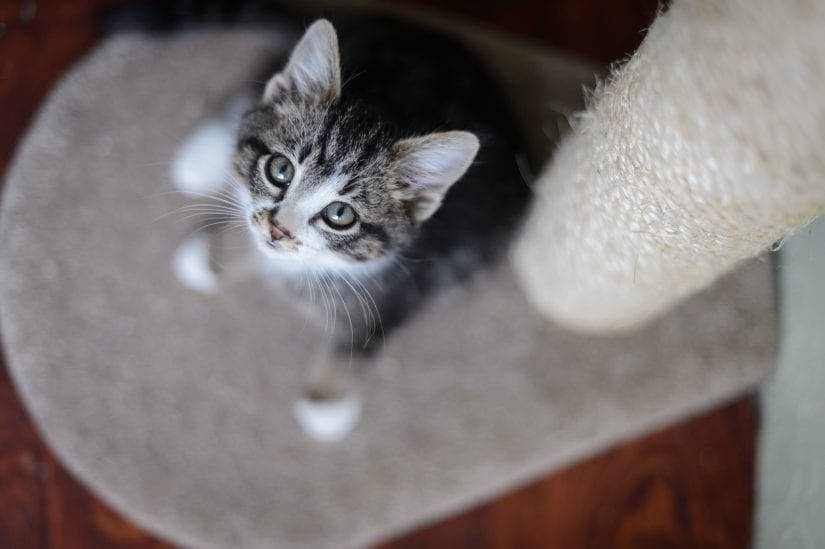
Generally, spaying or neutering your pet will not change its personality. If there are any effects on behaviour, they tend to be positive (reducing unwanted behaviour). Spaying or neutering will not change your pet’s affection level or playfulness.
For females, there is typically no change at all. For males, there may be a reduction in some aggressive and roaming behaviours. If you have more than one pet, you will find they often get along much better if they are all spayed or neutered.
Learn more about the benefits of spaying and neutering your pet.
